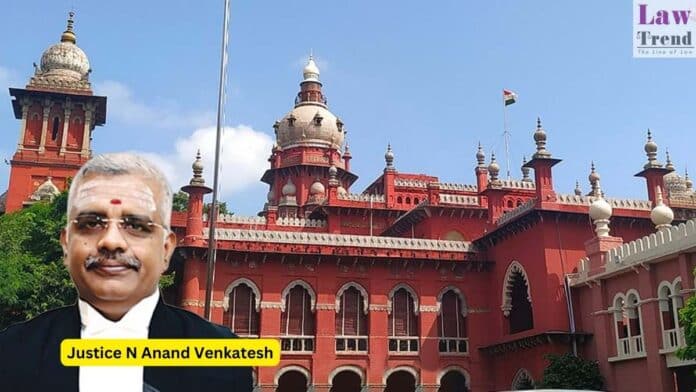The Madras High Court has ruled that the interception of telephone conversations without the existence of a “public emergency” or a threat to “public safety” amounts to a violation of the fundamental right to privacy under Article 21 of the Constitution. The judgment was delivered by Justice N. Anand Venkatesh in W.P. No. 143 of
To Read More Please Subscribe to VIP Membership for Unlimited Access to All the Articles, Download Available Copies of Judgments/Order, Acess to Central/State Bare Acts, Advertisement Free Content, Access to More than 4000 Legal Drafts( Readymade Editable Formats of Suits, Petitions, Writs, Legal Notices, Divorce Petitions, 138 Notices, Bail Applications etc.) in Hindi and English.




